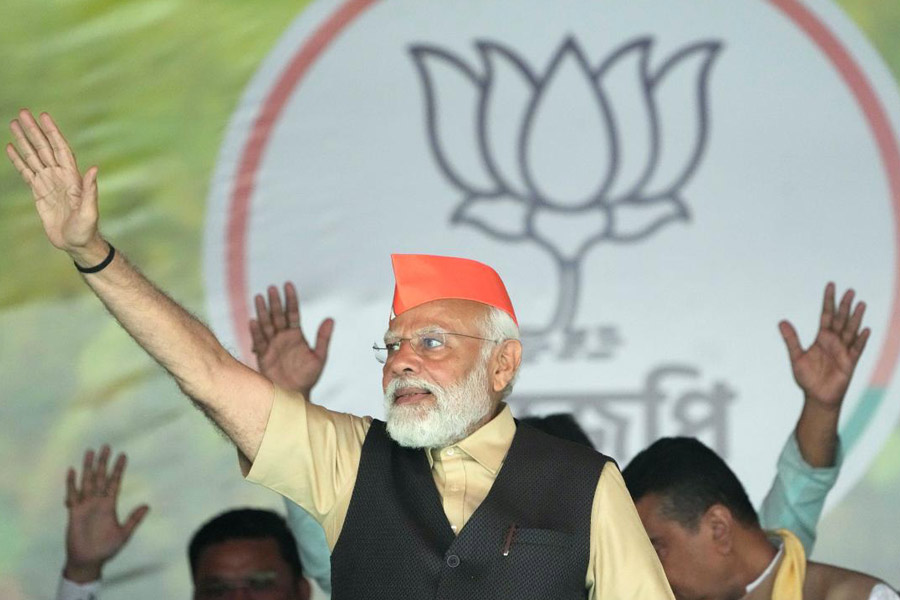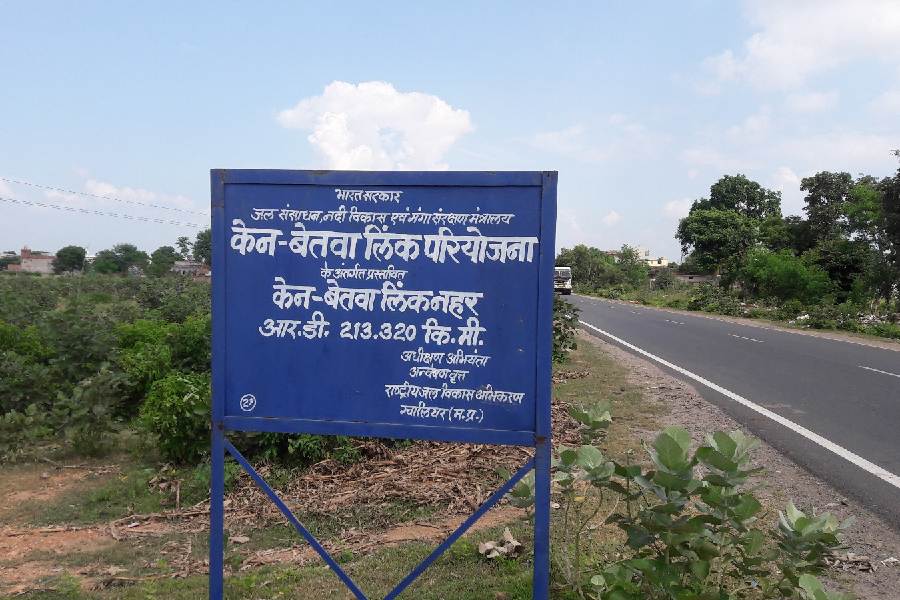Narendra Modi’s ‘Naya Kashmir’ rhetoric is beginning to sound tiresome. This is because it is embellished with oft-repeated claims that are neither consistent with the ground realities nor do they reflect the expectations of the people. In his speech during his first visit to the Valley after the controversial abrogation of Article 370 and the stripping of Jammu and Kashmir’s statehood, the prime minister chose not to address such critical concerns as the holding of assembly elections — September being the deadline set by the Supreme Court. It has been six years since Kashmir had its last elected government: since then, only two local polls have taken place. Yet, New Delhi would like India and the world to be convinced that all is well with Kashmir and its democracy. Missing too from Mr Modi’s speech were other crucial issues aligned with Kashmiri public sentiment: a roadmap for the restoration of statehood; the economic self-sufficiency of its youth — in 2023, the ministry of home affairs had informed the Rajya Sabha that Kashmir’s then unemployment rate stood at 18.3% — and the periodic spurt in insurgency, especially the targeted killings of minorities, a spectre that is yet to be tamed notwithstanding the Centre’s claims to the contrary. Instead, Mr Modi chose to concentrate on ‘accomplishments’: the securing of the rights of the people, Kashmir’s liberation from dynastic politics and the benefits of welfare schemes.
The prime minister has undoubtedly left Kashmir disappointed — almost as much as his opponents. Mr Modi’s political rivals who, incidentally, claim to be bona fide representatives of the people of Kashmir are cutting a sorry figure for themselves. The INDIA coalition seems to be imploding. The National Conference’s Omar Abdullah has refused to give any seat to its supposed foe-turned-friend, the People’s Democratic Party; Mehbooba Mufti has reciprocated by making caustic remarks about the NC’s intentions. These deepening fault lines are, of course, consistent with the squabbles that have afflicted the beleaguered alliance in the rest of the country. The tragedy for Kashmir and its people seems to be that they are caught between competing political forces that have, for years, prioritised their myopic interests and ideologies over the greater, collective good.











